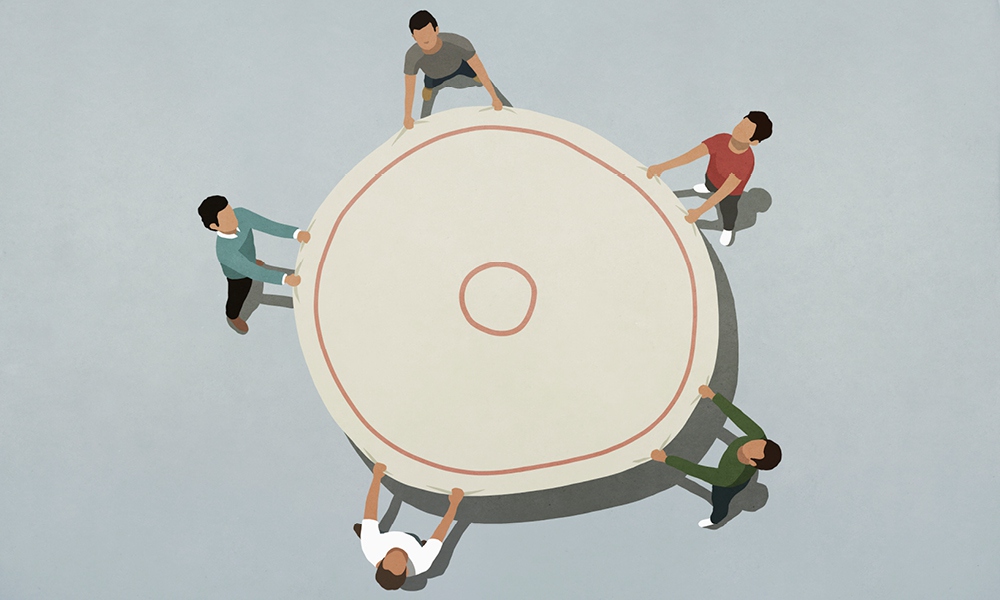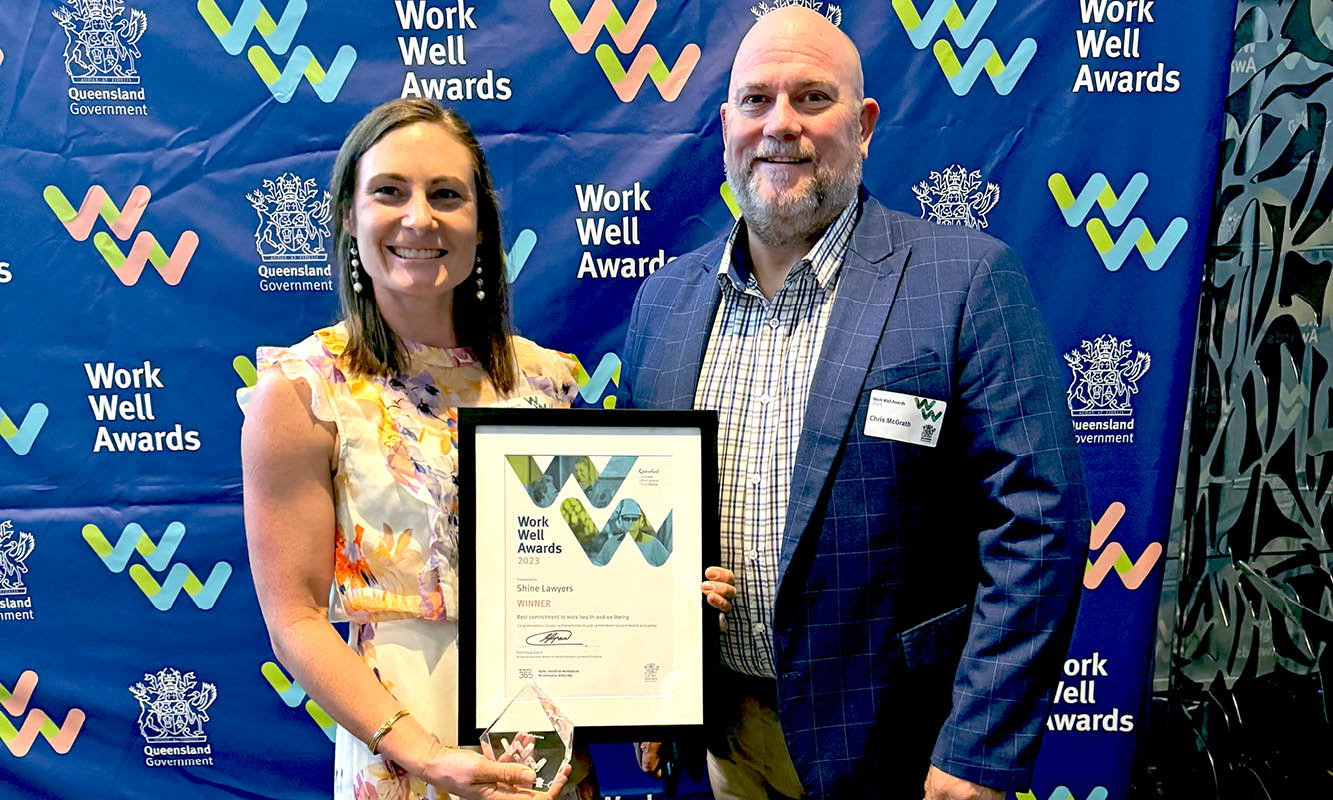We are going through uncertain times at the moment. Compounding the concerns for the health and safety of loved ones and ourselves, fear of the long-term economic impact of the current pandemic and worries about fundamental changes to community and social life as we know it – is the weight of isolation.
In the current climate, isolation is spreading and does not only affect those solicitors in regional and remote locations who have little or no opportunity to network and connect with peers, it is also reaching those living and working in busier environments who are being asked to maintain social distance or self-isolate.
Isolation can amplify negative emotions and unhelpful behaviours such as excessive worrying, rumination, fear-based decision-making and panicking.
Here are some ideas on what you can do to protect your mental health and sense of personal control when feeling isolated:
- Use technology to stay connected. Unlike past pandemics, we are now able to maintain meaningful and close connections with others via technology. Stay in touch with family, friends and colleagues by using the plethora of verbal and visual communication tools now available.
- Stay in control of information exposure. Get your news from reliable sources such as the Queensland Government or the WHO – not sensation-seeking outlets. It may be helpful to set yourself boundaries around how much news you want to read, watch or listen to. For example, you may want to seek information updates at specific times once or twice during the day. Constant monitoring of news updates about COVID-19 may provide little new insight, but can intensify feelings of worry and distress.
- Limit social media consumption. As above, avoid watching, reading or listening to news that will cause you to feel anxious or distressed. Use social media to stay in contact with others, but don’t get drawn into negativity, fear-mongering and rumours.
- Focus on things you can control, and accept those that you cannot change. The things within your control include a strict personal hygiene regime, maintaining a positive daily routine, getting sufficient sleep and regular exercise, eating healthily, looking out for loved ones and invest time in self-development. Focus on these instead of the events and situations you cannot, e.g. stopping the virus or preventing economic and political changes.
- Prioritise self-development. If work hours are reduced or completely cancelled, use the opportunity to invest in yourself – by spending time, not money. Maybe you want to start (or increase) a practice of journaling. Writing down the things occupying your mind will help you to structure your thoughts, work through important decisions, or formulate goals and how to achieve them. Also, online courses and free MOOCs (eg. Coursera, edX or Udacity) offered by international universities are not only a good distraction, but also provide you with new skills and insights.
- Seek enjoyable activities and inspiration. This may be the time to finally read the books you never had time for, or watch the films you have missed out on in the past. If you are looking for some inspiration, check out this list of twelve films that highlight the best in humanity, or this curated giant summer reading list.
- Set yourself daily goals: This may be the perfect time to tackle all the little jobs that have been on your To Do List for a long time but which you have never been able to cross off because other priorities got in the way. Once you have cleaned out your pantry or linen cupboard, tidied up that garden bed, or “Marie Kondoed” your wardrobe, you can enjoy the feeling of having accomplished a useful goal.
- Keep a daily routine. Daily routines help us to structure our days and preserve a sense of order and predictability for our own lives, even in times of societal uncertainly. You will benefit from a daily schedule which includes exercise, social connection, self-development, healthy eating, sufficient sleep and doing things you enjoy.
- Spread kindness. Reaching out and supporting others will also boost your own sense of wellbeing. Giving someone your undivided attention, listening to what’s important to them and providing practical or emotional support can increase hope and resilience for both of you. If you want to surprise someone and make them smile, what about writing an old-fashioned letter with a personal message of encouragement, compassion and kindness?
- Seek professional support when needed. Do not hesitate to reach out if you need further help. As a member of QLS, you can access LawCare to obtain free, professional, confidential and personalised support, counselling and trauma assistance. They also provide online resources via their online portal which is free to members.
If you would like to learn more, don’t hesitate to reach out to the QLS Solicitor Support service on ethics@qls.com.au or p. 3842 5843 to speak to someone in a judgement-free and supportive environment.
Rebecca Niebler is QLS’s Organisational Culture and Support Officer, QLS Solicitor Support (QLS Ethics and Practice Centre)
17 March 2020














Share this article